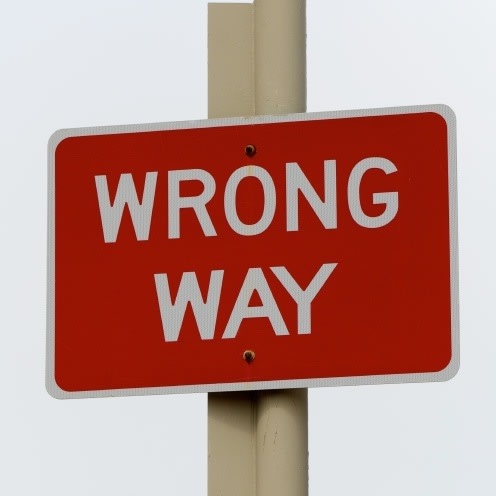 Our lives are busy. Sometimes I feel like all I do is run errands, shuttle kids to/ from school and take them to sports, piano lessons, birthday parties etc.
Our lives are busy. Sometimes I feel like all I do is run errands, shuttle kids to/ from school and take them to sports, piano lessons, birthday parties etc.
In all the rush we can forget our objective as parents.
In my mind, one of the main goals of parenting should be to teach our children life skills and resilience so that they can manage on their own one-day. If all goes right, our kids should be productive and contributing members of our society with the hope that they can be “involved faithfully in the needs of the community” (kol mi she’oskim b’tzarchei tzibbur b’emunah).
Learning how to acknowledge our errors, repair them and have the strength to grow from them is one of the most important skills one can posses. As parents, we are often fearful of allowing our children to move forward and explore because of the possibility of them making a mistake. We want to protect our children but we also must acknowledge that children who are not allowed to make mistakes can become fearful of making the smallest decisions. If we shelter our kids then they may be hesitant to solve problems and try new experiences.
We want to promote resilience in our children. Resilient children try new things, take (healthy) risks, make mistakes, get up, brush themselves off and move on.
We need to change our fearful attitude and teach kids to handle their mistakes with aplomb. We can teach kids to celebrate their mistakes.
The best and simplest way to do this is to role model. We need to share with our kids the mistakes we make everyday and show that when we make mistakes, we try to use them as opportunities to learn and grow. After you share a mistake you might have made you can then discuss with them what you earned from your error.
For example: “I bought this coat online from a store that I’d never heard of and it was such poor quality. I am going to remember to only buy things from stores that I know I can trust!”
Or
“This pound cake is the best cake I make. Did I ever tell you it was a mistake? I was making a marble cake but I didn’t have cocoa. I took a risk and made it without the cocoa. I am so glad I did!”
I had a social mishap recently where I unintentionally insulted a relative of mine. I was terribly embarrassed and ashamed even though I had never meant to hurt her. The whole day I was out of sorts until I pulled together enough courage to sheepishly call her to apologize and explain myself. Much to my relief, she was very kind and forgiving.
I shared this experience with my children. I said, “I am a little preoccupied and upset. I hurt this person’s feelings and I didn’t mean to. I feel really embarrassed. I did do the right thing in the end–I called her and apologized and she was very nice and forgave me right away. I think I’ll definitely be more careful with what I say to people from now on.”
Seeing you struggle with doing the right thing will teach your children firsthand what to do when they make the same mistakes. They will not shy away from fixing what needs to be fixed because they have a strong visual model of how it is done.
Mistakes are not something to be afraid of; they’re a part of everyday life. Teaching our children to deal with their errors will encourage them to be resilient and strong. It creates a “can-do” feeling that they will use and value their whole lives.
The words of this author reflect his/her own opinions and do not necessarily represent the official position of the Orthodox Union.

